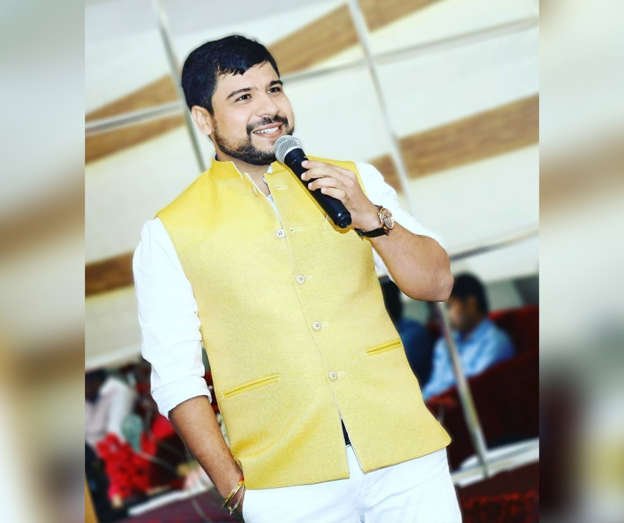He says that the talent shortage in India may be resolved by combining offline learning sessions with online learning methodologies.
In a society severely affected by the COVID epidemic, where every aspect of life—including work, education, and play—has been altered in some way, online has emerged as the “New Normal.” Online employment and education have allowed millions of people across the world to continue their studies and save numerous jobs in the new normal.
However, in the post-Covid era, many people aren’t sure whether to select online, offline, or a combination of the two forms of education. Combining online and conventional offline education may be the answer to this issue. Varun Gupta, the founder of IMTS Noida, stated that the talent shortage in India may be resolved by combining offline learning sessions with online learning methodologies to create a workforce that is ready for employment.
“Online learning can enhance the learning process, whilst offline learning might focus it more on application. A workforce with knowledge and skills may be produced with a balanced mixture of online and offline blended learning. The main benefit of blended learning is that it provides “the best of both worlds,” combining the advantages of online learning with those of traditional classroom instruction,” added Gupta.
In the field of education, online learning has shown to be a paradigm-shifting innovation. It has enhanced not just the educational and learning process throughout the Covid-19 time but has also aided in the introduction of various innovative ideas and innovations. It has assisted in the development of skills in rural and remote areas and has greatly raised the bar for education. Furthermore, it has ensured that receiving a decent education is more convenient, economical, and accessible.
One of the main barriers to India’s inaccessible educational system may be eliminated via blended learning. After China and the US, India has the third-largest higher education system, but access to higher education, especially equitable higher education, is still problematic for a variety of reasons, from price to opportunity.

